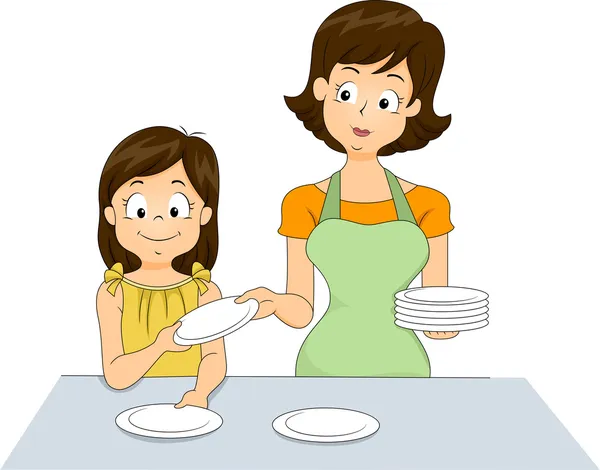
Pour one cup of mouthwash into your washing machine or your washing machine’s detergent reservoir. Run a regular wash cycle using hot water. Do not wash clothes during this process.

The mouthwash will work its way throughout your washing machine, cleaning any debris, mold or mildew in the process. Use it in the bathroom beyond your mouth. Make an odor-eater in the kitchen.
Turn it into a great laundry aid. Create an anti-fungus treatment. Apply mouthwash to a damp cloth and wipe down your windows or any other glass surface. Dry with a cotton cloth to prevent streaking. Combine cups of water and ½ cup of mouthwash in a bucket, saturate a sponge with the solution and wipe down your tile.
See all full list on dentaldorks. Several cleaning experts recommend pouring a quarter cup of mouthwash into your toilet and letting it sit for at least minutes. Swish and scrub for a bit and voila — a shiny, happy toilet.
TheraBreath Healthy Gums Oral Rinse has been formulated to cure and prevent gingivitis, bleeding gums, and plaque buildup. This mouthwash contains CPC. CPC is an ingredient recognized by the US Food and Drug Administration (FDA) to be effective for treating gum disease or periodontitis. In case you don’t know,. Listerine is a top dentist recommended mouthwash.

Fights gum disease and decay. Athlete’s Foot In the same way that mouthwash treats nail fungus, it acts as an antiseptic for athlete’s foot. But that’s only if you use a bacteria-fighting rinse.
A product with fluoride can help prevent tooth decay. Rinsing with an alcohol-based mouthwash isn’t good for children under who are likely to swallow the liquid. After brushing and flossing your teeth, a good thing to add to your oral hygiene routine is using mouthwash. It helps to further clean the mouth.
Choosing fluoride mouthwashes it will help prevent tooth decay, while using antiseptic rinses will reduce bacteria that can cause gum disease and tooth decay as well. We all know from experience that if you rinse your car with a strong hose spray, it won’t be effective at removing all of the dirt and grime that is attached. In addition to regular brushing, flossing, and dental cleanings, add one of these alcohol-free mouthwashes to your routine to help fight and prevent gingivitis. Rinse your mouth with the wash at least once a day, after brushing and flossing. Use your cheek and tongue muscles to move it around your mouth, further loosening and removing plaque along and just below the gums.
Mouthwash can be used to help treat nail fungus, athletes foot, or just as a nice foot soak. Apply it to your toe nails - times per day. It could take a few weeks to see any. For athletes foot, just use straight mouthwash on a use a cotton ball. How To Use Mouthwash Follow the advice on the label, in terms of how much to use and for how long to rinse.
Basically, you need to gargle it around for the specified time, after brushing and flossing. Get advice from your dentist in terms of best mouthwash for you to use. Use mouthwash to treat itchy skin froallergies, poison ivy, bug bites, psoriasis, and acne. Waterpiks are also useful in cleaning around braces. Can You Pass A Saliva Drug Test With Mouthwash?
Recent experiments have shown that using a special solution called detox mouthwash is the most effective way of passing a saliva drug test if it used properly and timed carefully. The detox mouthwashes are specially designed to wipe out all traces of drugs as well as any other toxins inside a person’s mouth within minutes after usage thus providing a clean saliva specimen for the mouth swab drug test.
No comments:
Post a Comment
Note: Only a member of this blog may post a comment.